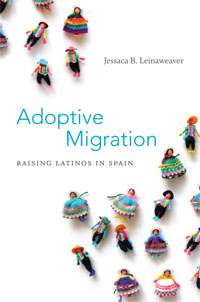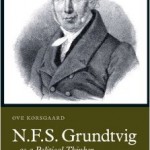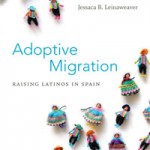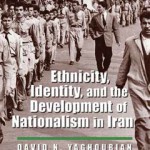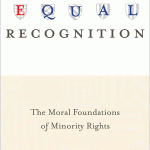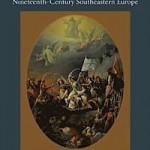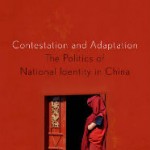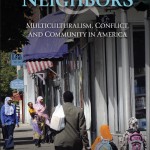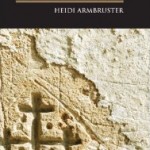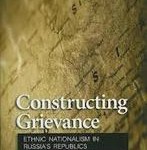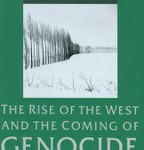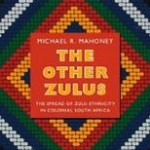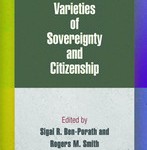The following books are available for review. Please contact sen.reviews@lse.ac.uk if you are interested in reviewing one.
- Ove Korsgaard, N.S.S. Gruntvig as a Political Thinker, Copenhagen: DJOF Publishing, 2014 http://amzn.to/1seeA7s
- Jessaca B. Leinaweaver, Adoptive Migration: Raising Latinos on Spain, Duke University Press, 2013 http://bit.ly/1sec018
- David N. Yaghoubian, Ethnicity, Identity and the Development of Nationalism in Iran, Syracuse UP, 2014 http://bit.ly/1seeX1A
- Alan Patten, Equal Recognition: The Moral Foundations of Minority Rights, Princeton UP, 2014 http://bit.ly/1seeBZ5
- Lucian N. Leustean, Orthodox Christianity and Nationalism in Nineteenth-Century Southeastern Europe, Fordham UP, 2014 http://bit.ly/1seeI6R
- Tarry Hum, Making a Global Immigrant Neighborhood: Brooklyn’s Sunset Park, Temple UP, 2014 http://bit.ly/1seeSuZ
- Enze Han, Contestation and Adaptation: The Politics of National Identity in China, Oxford University Press, 2013 http://bit.ly/1secUe4
- Ahmad H. Sa’di, Through Surveillance: The Genesis of Israeli Policies of Population Management, Surveillance and Political Control Towards the Palestinian Minority, Manchester University Press, 2013 http://bit.ly/1sedKHF
- Andrea M. Voyer, Strangers and Neighbors: Multiculturalism, Conflict and Community in America, Cambridge University Press, 2013 http://amzn.to/1see35o
- Heidi Armbruster, Keeping the Faith: Syriac Christian Diasporas, Sean Kingston Publishing, 2013 http://amzn.to/1see7lI
- Francesco Durante et al. (eds), Italoamerica: The Literature of the Great Migration, 1880-1943, Fordham University Press, 2014 http://bit.ly/1seecFZ
- Simone Cinotto (ed), Making Italian America: Consumer Culture and the Production of Ethnic Identities, Fordham University Press, 2014 http://bit.ly/1seefkY
- Michael C. Whitaker, Peace Be Still. Modern Black America from World War II to Barack Obama, University of Nebraska Press, 2014 http://amzn.to/1seerRt
- Timothy Gibbs, Mandelas’s Kinsmen: Nationalist Elites and Apartheid’s First Bantustan, James Currey, 2014 http://amzn.to/1seer3M
- Elise Giuliano, Constructing Grievance: Ethnic Nationalism in Russia’s Republics, Cornell University Press, 2011
- Mark Levene, The Rise of the West and the Coming of Genocide, L.B. Tauris, 2013 http://bit.ly/1sebBf7
- Michael R. Mahoney, The Other Zulus: The Spread of Zulu Ethnicity in Colonial South Africa, Duke University Press, 2012 http://bit.ly/1sebBf7
- Sigal R. Ben-Porath and Rogers M. Smith, Varieties of Sovereignty and Citizenship, University of Pennsylvania Press, 2012

